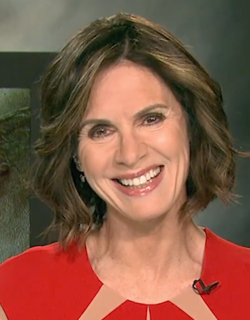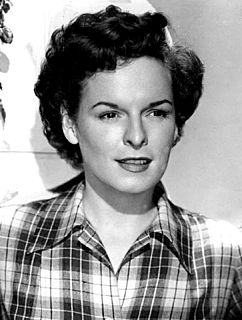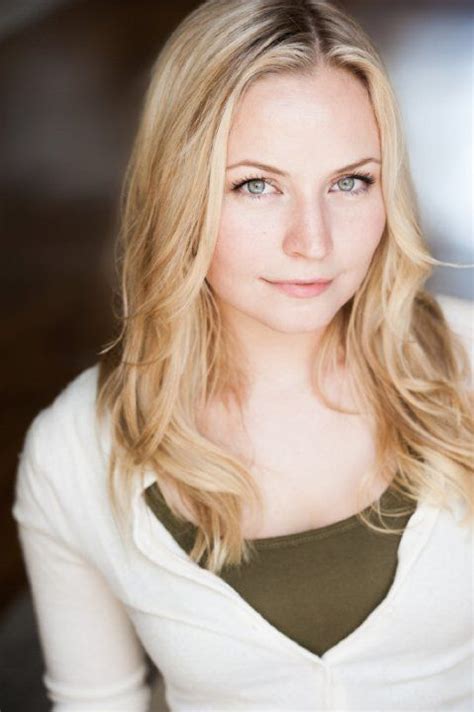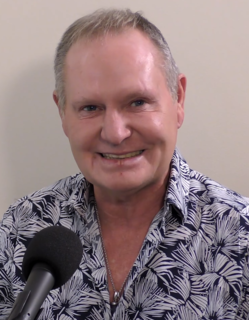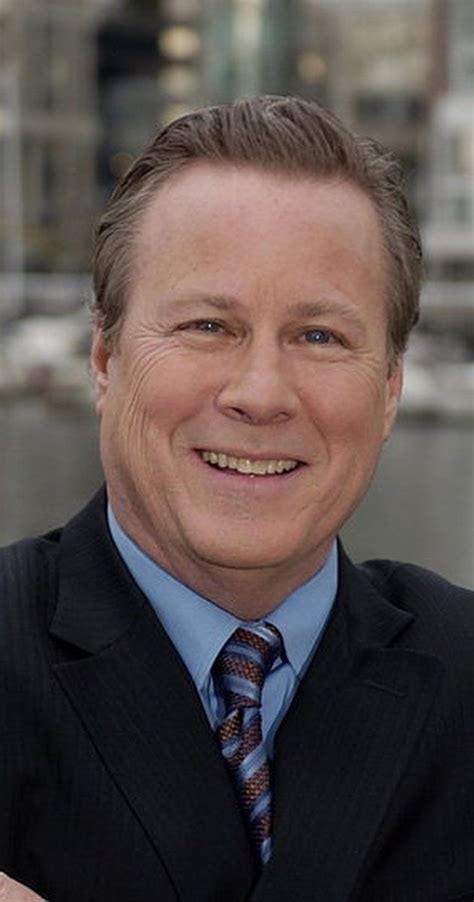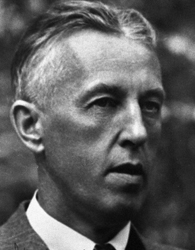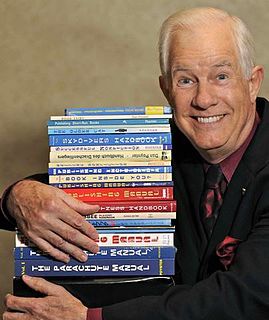A Quote by Stephen Vizinczey
Most bad books get that way because their authors are engaged in trying to justify themselves. If a vain author is an alcoholic, then the most sympathetically portrayed character in his book will be an alcoholic. This sort of thing is very boring for outsiders.
Related Quotes
Yes, I am one of those people who feels that most of my work is adaptation of one sort or another. For me, it's a way to jump-start the engine. For example, some people use the technique of basing a character on a friend. They start writing with his or her voice, then at a certain point, the character takes off on his or her own. It probably no longer resembles the model, but it helped the author to get going. I find that's true of form, too. For every play I've written, I know what play I was trying to imitate. That helps me get going.
Nobody understands that by the time the addiction has set in the alcoholic is mandated to drink ... he cannot not drink! Nobody wakes up in the morning and says, 'Jiminy Cricket, I feel sensational! My life is really in great shape! I think I'll become an alcoholic!' I firmly believe that when a shaking-to-pieces alcoholic says he needs a drink or he will die, he means it.
I am a big fan of the electronic book. I hate to see the old bookstores close, but they have to reinvent themselves. I believe the First Edition bookstore will be the next thing. People will read electronically, then decide they want to own that book. The author will then be invited to the old bookstores to sign. I think books will always be with us, but they will fill a different need.
My father was raised by a violent alcoholic. There was alcoholism in my mother's family. I'm half-adopted, and my birth father was a drug addict and alcoholic. So, I think they very consciously made decisions and parented me in a way that was aimed to help save me from that. So, I knew it would be particularly painful and it was, especially for my father.
I watched horror movies way too young and one of my favorite horror movies was The Shining. Jack Nicholson's character in that just bore a hole in my brain, his weird, maniacal controlled stuff. Obviously Mara in Village of the Damned wasn't an alcoholic and didn't have emotional, crazy outbursts. She was very non-emotional. But it was that sort of evil that I was tapping into.
I don't think that children, if left to themselves, feel that there is an author behind a book, a somebody who wrote it. Grown-ups have fostered this quotient of identity, particularly teachers. Write a letter to your favorite author and so forth. When I was a child I never realized that there were authors behind books. Books were there as living things, with identities of their own.
My present and most fixed opinion regarding the nature of alcoholic fermentation is this: The chemical act of fermentation is essentially a phenomenon correlative with a vital act, beginning and ending with the latter. I believe that there is never any alcoholic fermentation without their being simultaneously the organization, development, multiplication of the globules, or the pursued, continued life of globules which are already formed.


